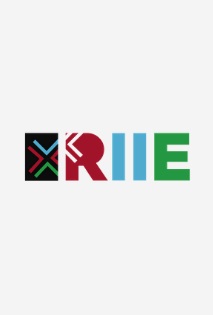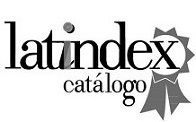Coercion and artisanal fish in the Paraná River. It’s impact in the families that fish and live in Bella Vista, Corrientes, Argentina
DOI:
https://doi.org/10.30972/riie.10134077Keywords:
artisanal fisheries, reserved area, Parana River, conflictAbstract
The problematic situation of artisanal fisheries is complex. One edge that we identified in the ongoing investigation is the controversial nature of the activity. Among the detected conflicts are some more made visible than others. This article will develop the consequences of prohibition to fish in areas where artisanal fishermen off the coast of Parana River Corrientes live. In the province of Corrientes, we will focus on the town of Bella Vista where the declaration of reserve area by the provincial authorities left in a state of illegality at least 150 families who ´s only sustenance is fishing for large fish. The permanent exhibition sanctions (fines and seizure of gear) that becomes the unlawful nature of its productive practice also is accompanied by social insecurity in their former living spaces and their new workplaces (the banks of Chaco and northern Santa Fe) which conflict with colleagues in other locations where it is permitted to fish. The aim of this paper is to discuss some indicators of violence appear to be blurry when someone refears of workers in the river in the Northeast Region of Argentina understanding that the situation of this group (live on a shore and fishing in another) may be common to other groups that practice a profession threatened. Fieldwork (june, 2013 at june, 2014), the study of regulations and the absence of these topics (coercion, insecurity, threat) in the media makes us think that we are witnessing the fading muted in a productive activity that provides jobs, social safety nets, cultural content. to the members of the communities in which it is practiced.Downloads
Download data is not yet available.
Downloads
Published
2019-12-23
How to Cite
Piñeyro, N., & Serial, A. F. (2019). Coercion and artisanal fish in the Paraná River. It’s impact in the families that fish and live in Bella Vista, Corrientes, Argentina. Revista Del Instituto De Investigaciones En Educación, 10(13), 40–53. https://doi.org/10.30972/riie.10134077
Issue
Section
Artículos basados en investigación empírica
License
Aquellos autores/as que tengan publicaciones con esta revista, aceptan los términos siguientes:
- Los autores/as conservarán sus derechos de autor y garantizarán a la revista el derecho de primera publicación de su obra, el cuál estará simultáneamente sujeto a la Licencia de reconocimiento de Creative Commons que permite a terceros compartir la obra siempre que se indique su autor y su primera publicación esta revista.
- Los autores/as podrán adoptar otros acuerdos de licencia no exclusiva de distribución de la versión de la obra publicada (p. ej.: depositarla en un archivo telemático institucional o publicarla en un volumen monográfico) siempre que se indique la publicación inicial en esta revista.
- Se permite y recomienda a los autores/as difundir su obra a través de Internet (p. ej.: en archivos telemáticos institucionales o en su página web) antes y durante el proceso de envío, lo cual puede producir intercambios interesantes y aumentar las citas de la obra publicada. (Véase El efecto del acceso abierto).






.jpg)




